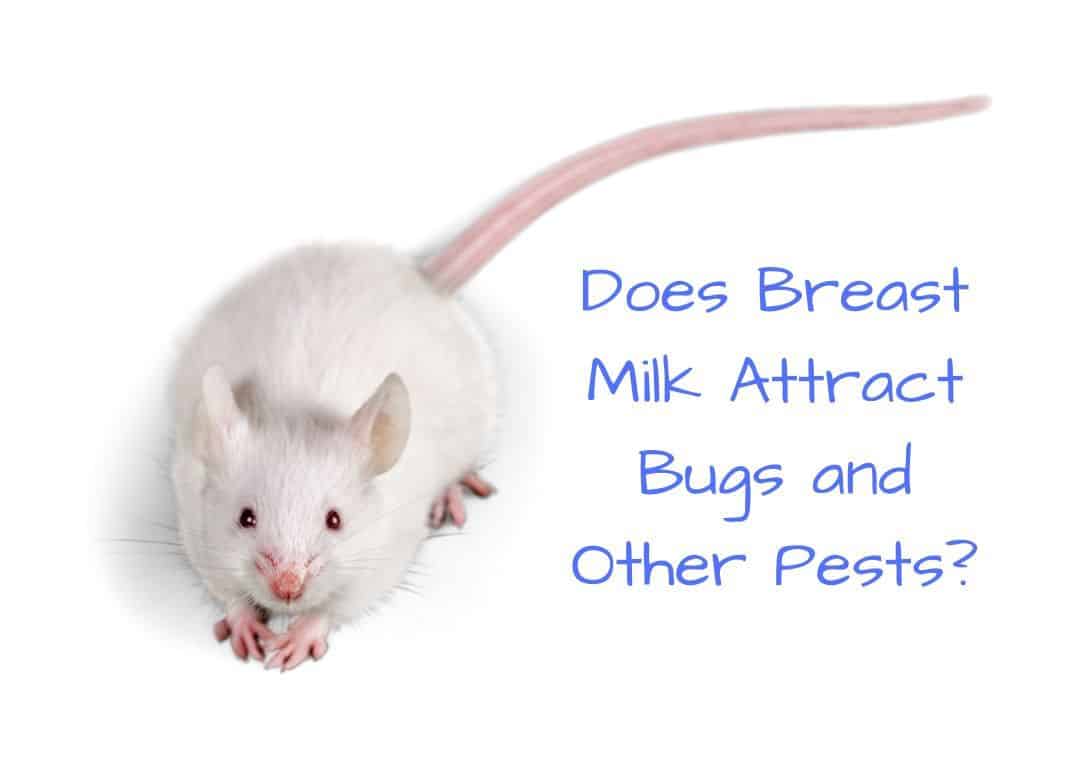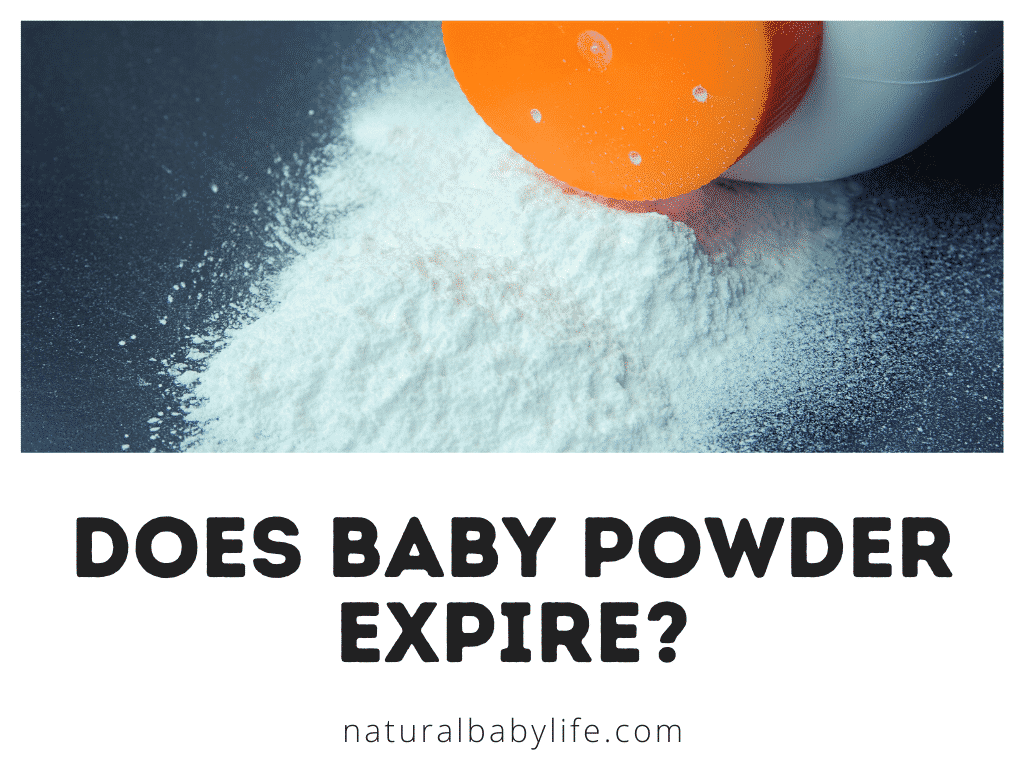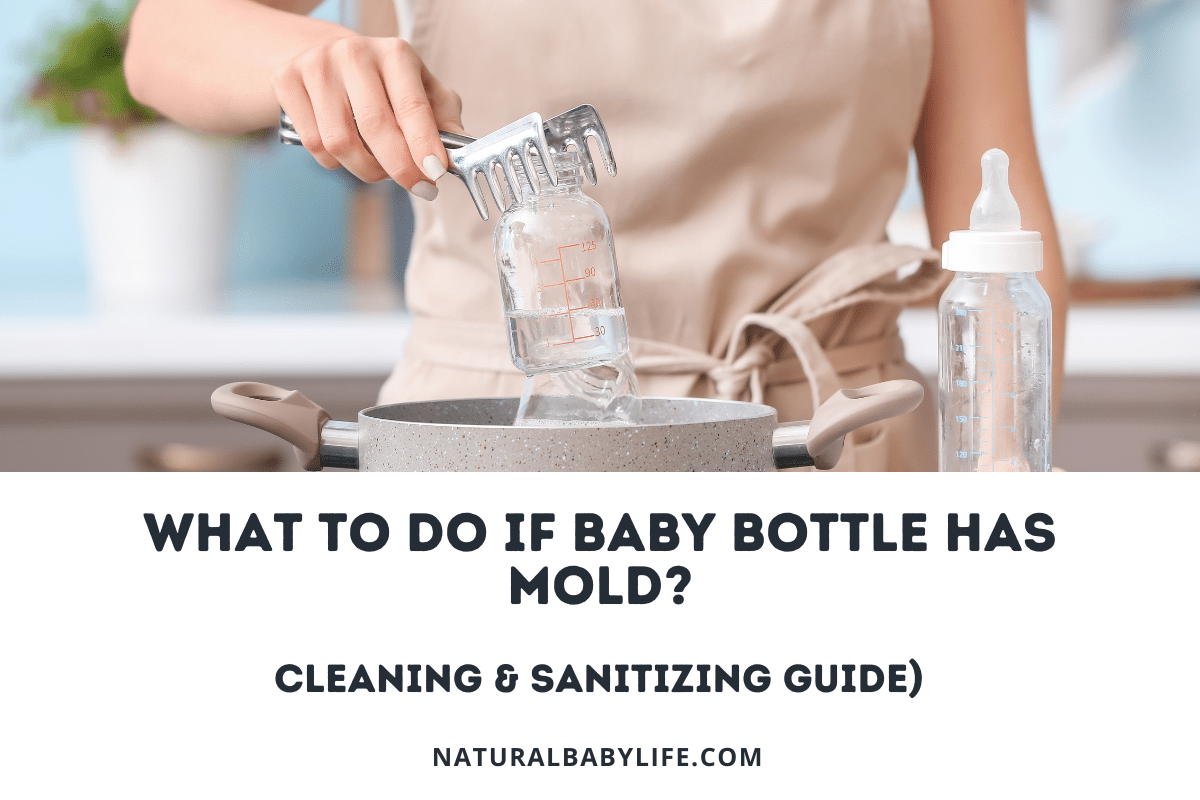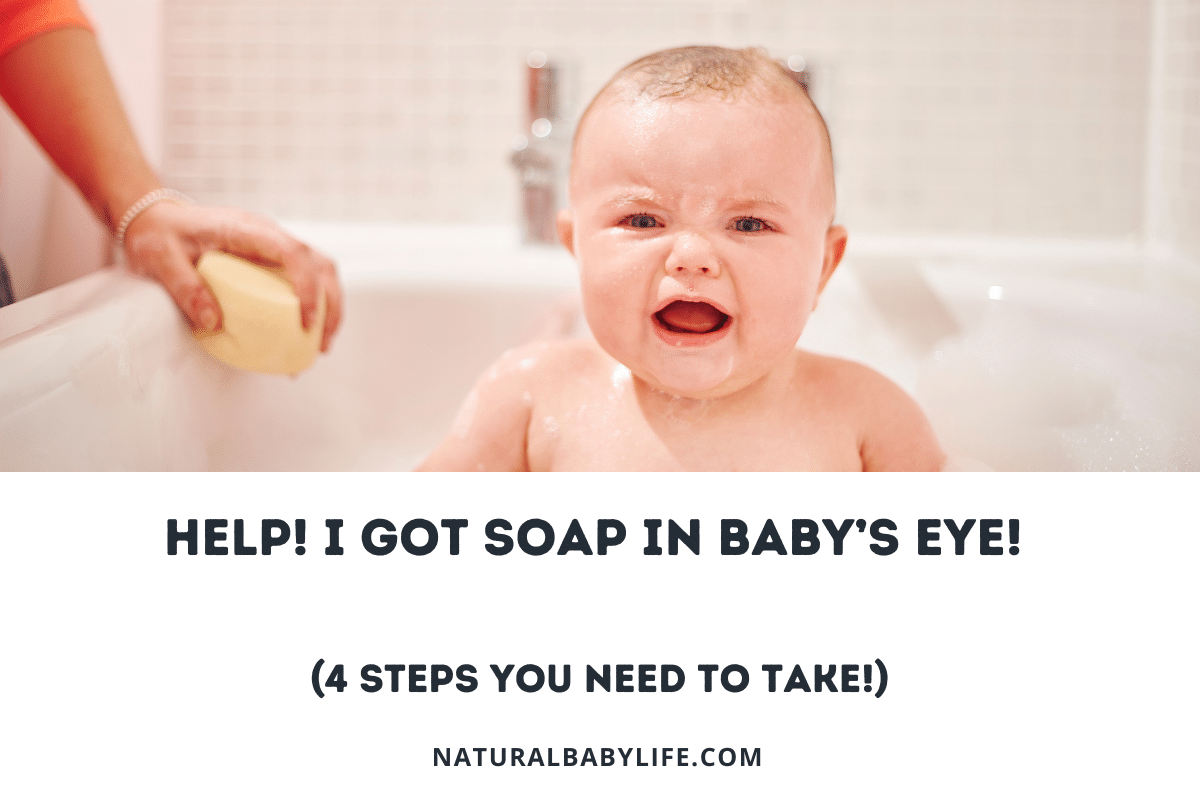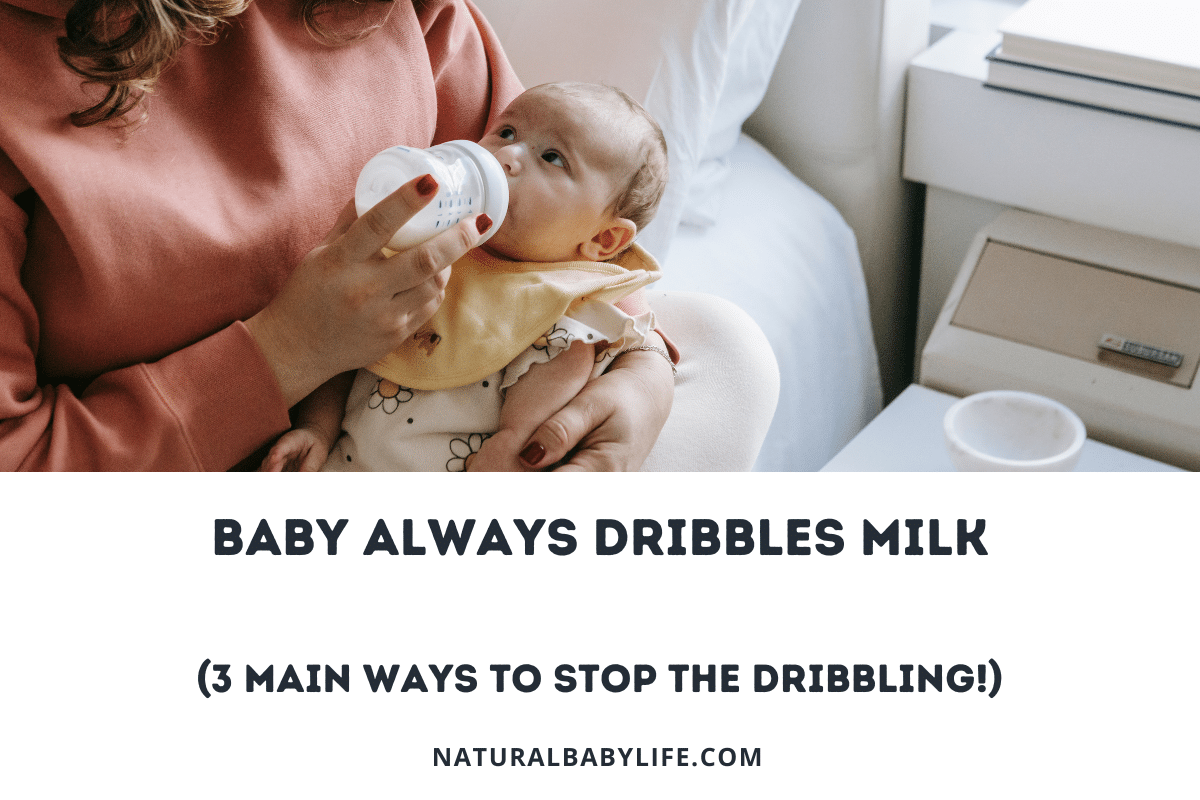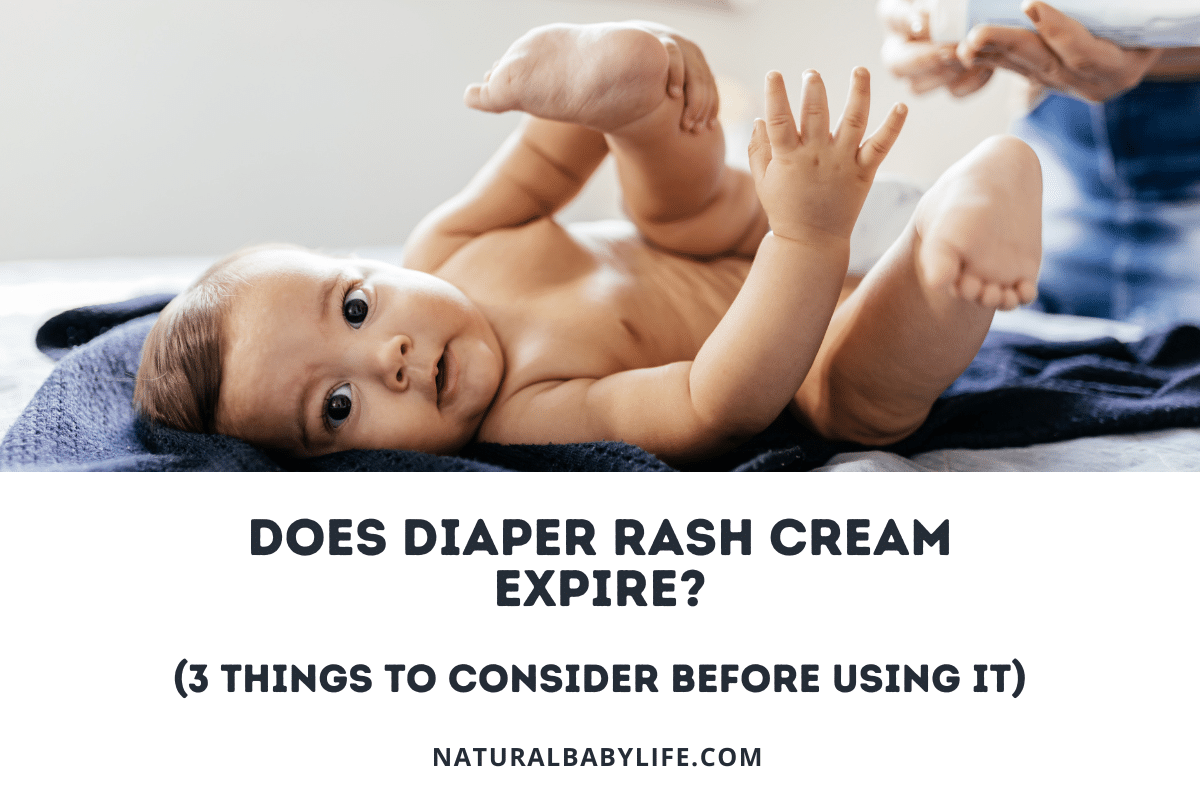When there is a new baby in the house, a lot of things that used to be priorities don’t rank quite as highly as they used to. I know for me, laundry and dishes were two things that started to fall through the cracks almost immediately. Unfortunately, those are probably two of the most important household chores to maintain in order to keep bugs and other pests from being drawn to the scent of breast milk.
Because breast milk is so sweet, likely to be somewhere between whole milk and chocolate milk, many pests and rodents could be attracted to its scent. To prevent issues, in general, be sure to properly clean pumping equipment, bottles, and accessories as well as clean up any spills quickly.
Keep reading to find out what kind of unwanted creatures are likely to come creeping or crawling after your breast milk, and a couple of tips for how to keep them away.
Table of Contents
Does breast milk attract ants?
Ants are primarily attracted to water and sweet foods, and you’re likely to find them in your bathroom or kitchen. Ants are most likely to be a problem during the summer months because they are on a mission to stock up as much food as possible for the winter so they are likely to explore past their regular hunting ground.
In the same way that ants will swarm a honey jar that has dripped down the side or a cookie that has fallen under the table, they can be drawn to used baby bottles, discarded milk storage bags, or breast pump pieces that have not been cleaned immediately after use.
Can breast milk attract roaches?
Unlike ants, roaches are not attracted to the sweetness of breast milk. Cockroaches prefer warm, dark places and have a strong sense of smell so they are often found in areas associated with rotted food or garbage.
Dirty laundry or used diapers that are not stored in sealed pails are the most likely baby-related culprits for attracting roaches, but watch out for any burp cloths or diaper inserts that you use when nursing, especially if you have a comfy nursing corner that is particularly warm and shaded for nap time.
Are fruit flies attracted to breast milk?
Fruit flies are very small, but make up for their size by typically coming in large groups. They tend to show up during late fall and summer, and are usually drawn to fermenting or rotting fruits and vegetables.
It’s unlikely that fruit flies will come out of nowhere to swarm your bottles or breast pumps, but once they show up, they are very difficult to get rid of and will be attracted to anything vaguely sweet. Once they are in the house, it will be difficult to keep them away from items that have the sweet smell of breast milk.
Does breast milk attract mosquitoes?
You probably know that mosquitoes breed in standing water, but did you know that they are actually attracted to carbon dioxide and body heat? There are some studies that even indicate pregnant women are more attractive to mosquitos because they are likely to be breathing heavily (especially later in pregnancy when things are getting uncomfortable) and have an elevated body temperature.
Mosquitoes are not attracted to breast milk specifically, but it may feel like it when nursing. Many women say they are bitten by mosquitoes more when breastfeeding than they would be normally, probably for the same reason as pregnant women are.
Can breast milk attract spiders?
Unlike many other pests that you might deal with in your kitchen or nursery, spiders are not there because they were attracted to the breast milk; they may, however, have come because they are feeding on other bugs that were after the sweet milk. Or they may have come in for the warmth and stayed for the comfort of a pile of laundry that you haven’t had a chance to pick up and throw in the wash.
Spiders can be a big concern when you have small children because many spiders can be dangerous, especially since a bite can potentially be hard to identify. It is very important to do you best to avoid situations where spiders could be hiding where your baby is likely to be crawling around.
Are mice attracted to breast milk?
Like most creatures, mice gravitate toward warmth and food, which is why many people who keep a clean, neat house will still have a rodent problem in the winter. Mice tend to like sweet smells so they may be attracted to breast milk if they come across it, but it’s more likely that they will be drawn to the ammonia smell of the urine in your baby’s diaper.
Does breast milk attract snakes?
It’s a myth, if not a widely known one, that snakes will curl up a cow’s leg and drink milk directly from the udder. Snakes are actually incapable of processing milk and don’t show much interest in it. If anything, they are more likely to follow a mouse into your nursery than the smell of milk (not that a snake is much of an improvement!).
How to keep bugs and pests away from breast milk
It is important to remember that your house does not need to be messy or dirty for pests to get in and be drawn to your breast milk. In the same vein, discovering that an undesirable creature has found your leaked breast milk or a discarded bottle does not mean you have a messy home or have failed as a parent in any way.
Here are a few things you can do to help discourage these pests from being drawn into your home.
Step 1 – Clean breast pump parts
Once you are done pumping, it is important to clean all the parts of your pump thoroughly as soon as possible. It may be tempting to leave them soaking in the sink while you go about your day, but the standing water alone could attract some types of pests.
When you clean your breast pump parts, it is always important to clean every piece that comes into contact with the breast milk in order to avoid bacterial growth. The cleaned pieces should be left to air dry completely before use, but it is important to check them carefully before reassembly and use.
Step 2 – Clean dirty baby bottles right away
Once your baby is done with his bottle, wash it right away. Bottles that are not completely empty can drip and leave a trail that can attract bugs and pests. It might be tempting to just put the bottle in the sink and let it soak, but the water is as likely to attract ants as the bottle itself is.
Step 3 – Proper breast milk storage
One of the worst things that can happen to a nursing mother is to spend her time and energy pumping out a day’s (or several days!) worth of milk and then finding an ant or other bug in it. To make sure that the milk is uncontaminated when it’s ready to be stored, it is important that all the pieces of your breast pump are cleaned, air dried, and inspected before you reassemble the parts and begin pumping.
Once you are ready to store the pumped milk, there are several important steps to take to keep unwanted pests from infesting and spoiling the milk.
- Only use food grade storage bags to ensure there is no chemical contamination from subpar plastic, but also to help completely seal and secure the breast milk.
- Refrigerate or freeze bagged breast milk as soon as possible after expressing. If you are pumping at work or traveling, store the expressed breast milk in an insulated cooler with frozen ice packs for up to 24 hours.
- Store milk in small quantities to avoid having excess left in the container or bottle after feeding.
- Leave an inch of space at the top of the container so there is room for expansion when the breast milk freezes, instead of allowing it to burst out of the container.

